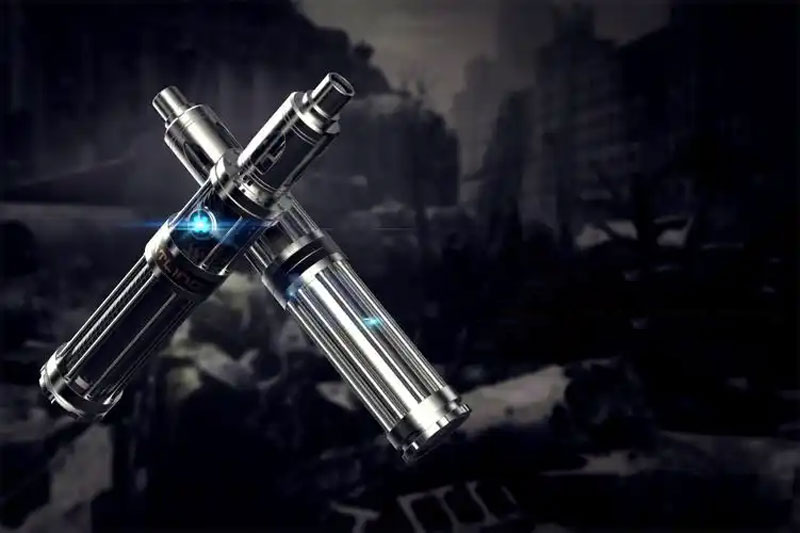The question of whether e-cigarettes are legal in the Philippines has been a topic of much debate and confusion among consumers, businesses, and even legal experts. This article delves into the intricacies of e-cigarette regulations in the Philippines, exploring the existing laws, their implications, and what users must be aware of.
Overview of E-Cigarette Regulations
The Philippines has been navigating the complex realm of e-cigarette legality with evolving regulations. Key laws impacting e-cigarette use include the Tobacco Regulation Act and various administrative orders issued by the Department of Health (DOH). Understanding these legal constraints is crucial for consumers and retailers to operate within legal boundaries.
The Tobacco Regulation Act
Implemented as Republic Act No. 9211, this act primarily targets tobacco products. While it doesn’t specifically address e-cigarettes, its broad scope covers any nicotine-containing products, positioning e-cigarettes within its regulatory framework. Advertisements of e-cigarettes need careful monitoring to comply with the restrictions on promotional activities.
Department of Health (DOH) Administrative Orders
Several administrative orders have been released that directly affect the sales and usage of e-cigarettes. These orders emphasize public health, prohibiting minors from accessing such products and mandating health warnings on packaging. Compliance with these orders is crucial for vendors to avoid penalties.
Legality and Enforcement
Though e-cigarettes are legal for adults, enforcement varies by region, often influenced by local ordinances or executive orders. Cities may impose their own restrictions, ranging from outright bans to specific smoking areas where e-cigarettes are permissible. Users should be aware of these variances to ensure they are not inadvertently violating local laws.
E-cigarettes face scrutiny particularly due to their perceived health risks and public nuisance concerns. Advocacy groups and health organizations frequently push for stricter controls, reflecting in stringent measures by government bodies which attempt to balance public health with market freedom.
The Impact of Recent Legislation
Recent legislation in the Philippines has begun tightening control over e-cigarette sales and usage. Such measures include increased age restrictions, rigorous licensing requirements for sellers, and detailed reports on product contents. This movement towards stricter control stems from rising health concerns and the questionable safety of e-cigarette products.
International Influences
International developments also weigh heavily on the Philippines’ regulation policies. Global research on the health implications of vaping, including findings from WHO and other health associations, informs local policy-makers looking to align with global health standards. However, adaptation varies, causing discrepancies between international guidelines and local implementation.
- What is the legal age for e-cigarette use? The legal age for using e-cigarettes in the Philippines is 21 years.
- Are there specific places where e-cigarettes are banned? Yes, many cities have designated areas where e-cigarette usage is prohibited, particularly aiming to protect public spaces and minors.
- Do e-cigarette sellers require licenses? Sellers must acquire licenses, with compliance involving disclosures regarding product safety and composition.



Understanding these regulations is key for users and business operators navigating the e-cigarette landscape in the Philippines. As laws continue to evolve, staying informed ensures compliance and promotes responsible usage, aligning with public health and safety objectives.
